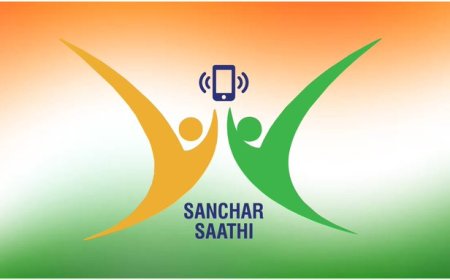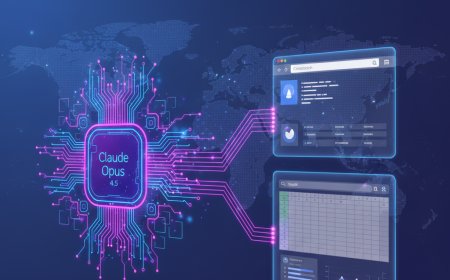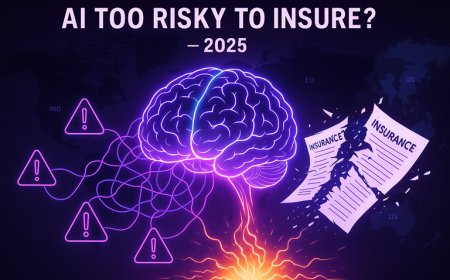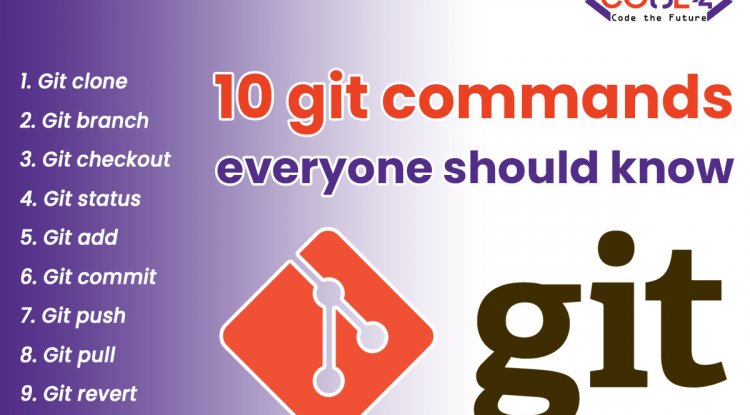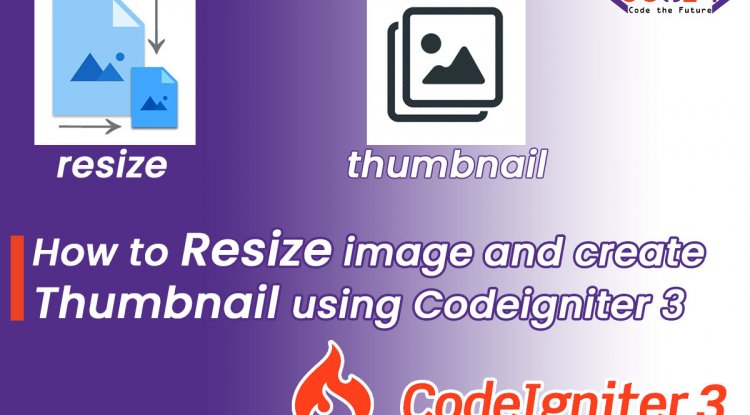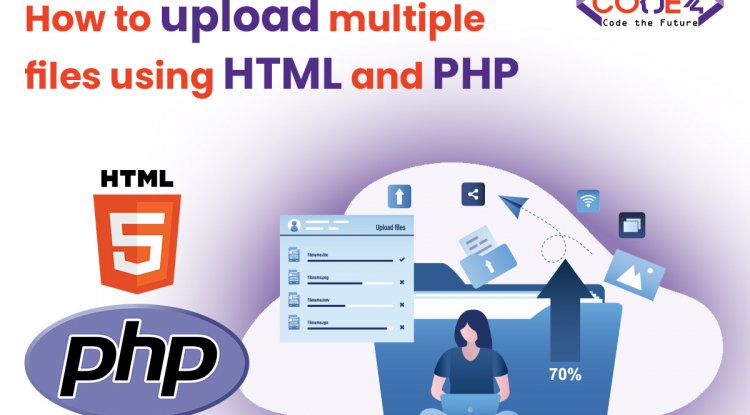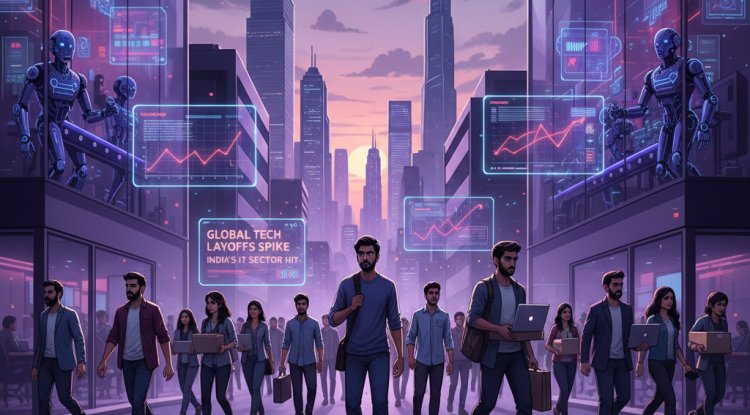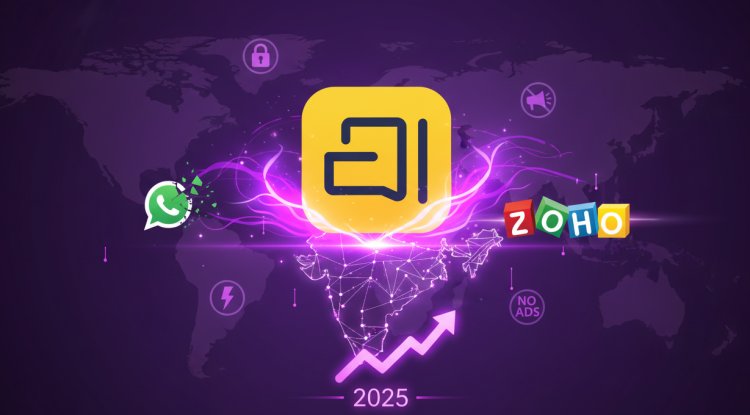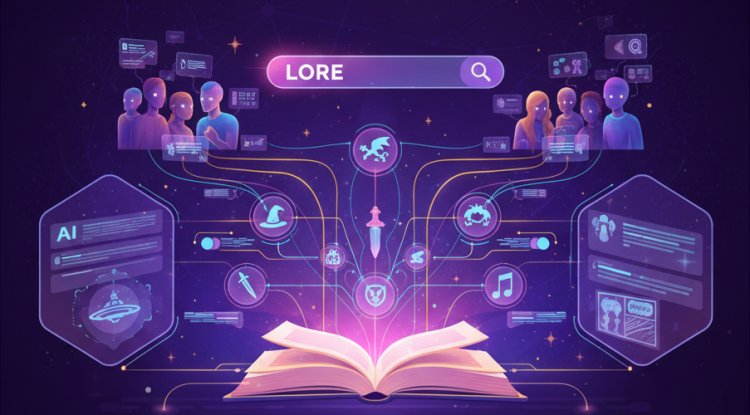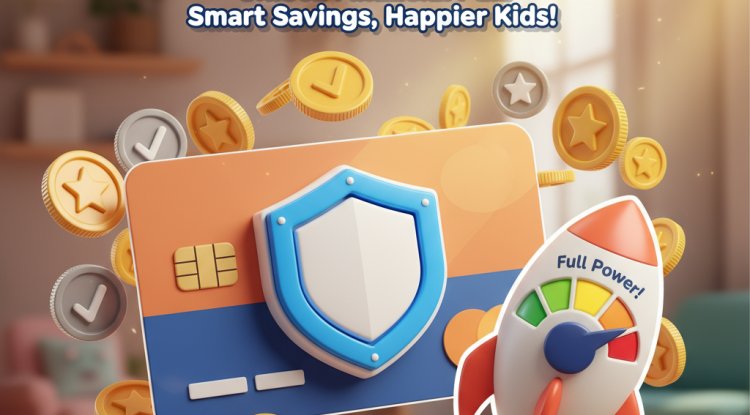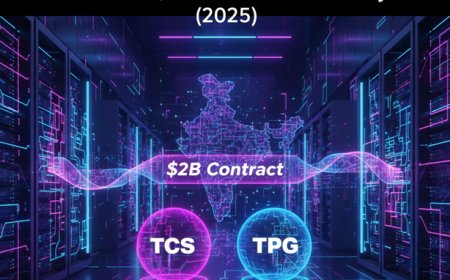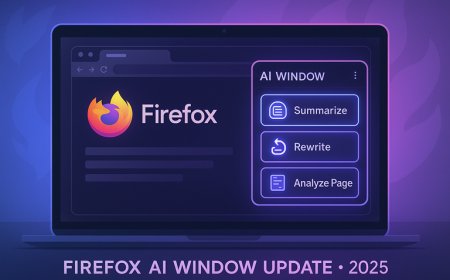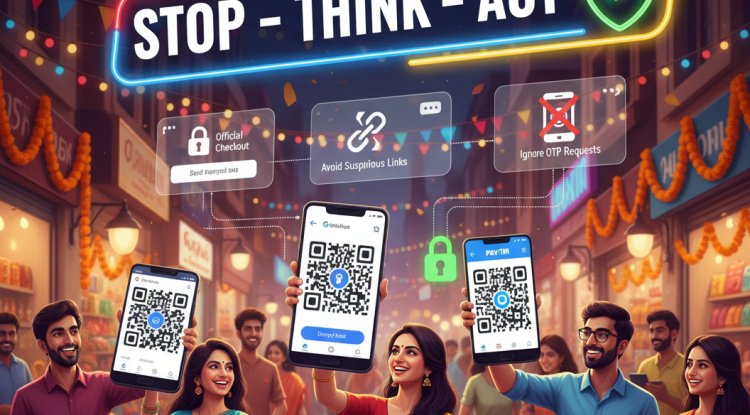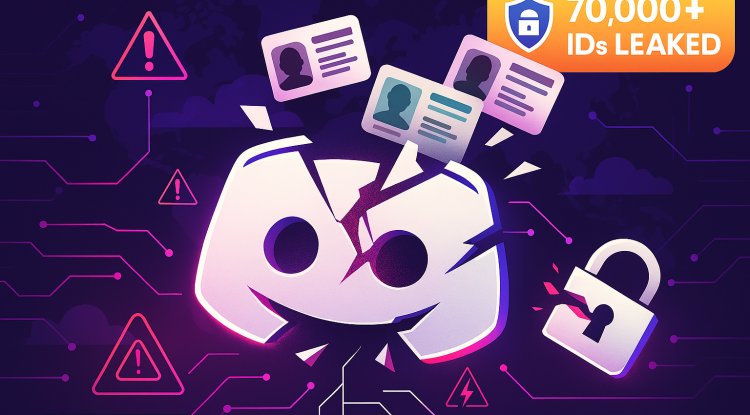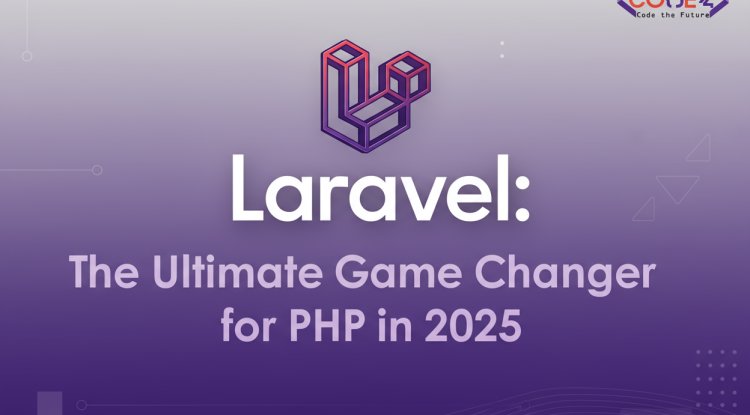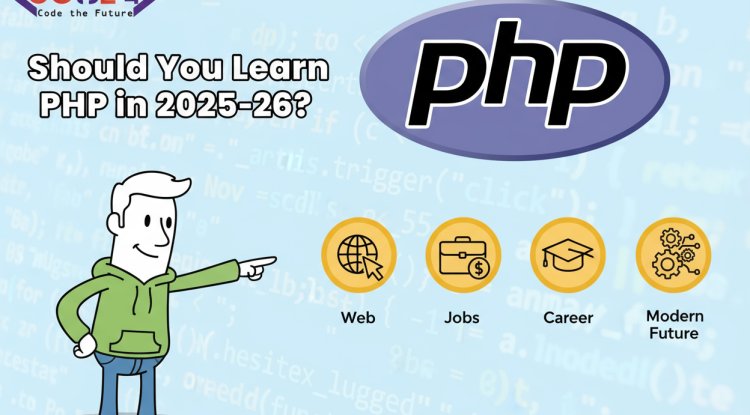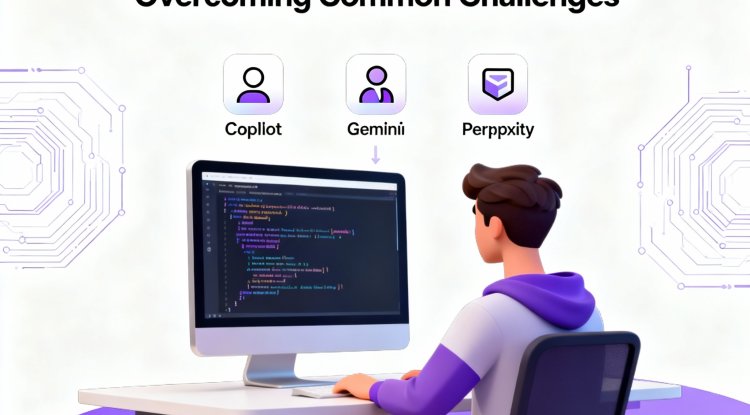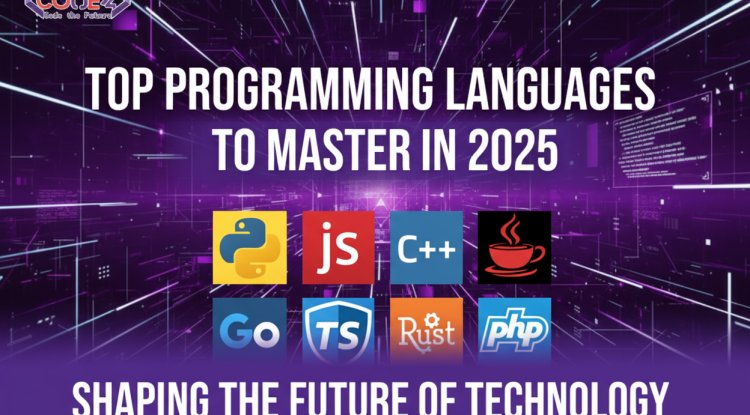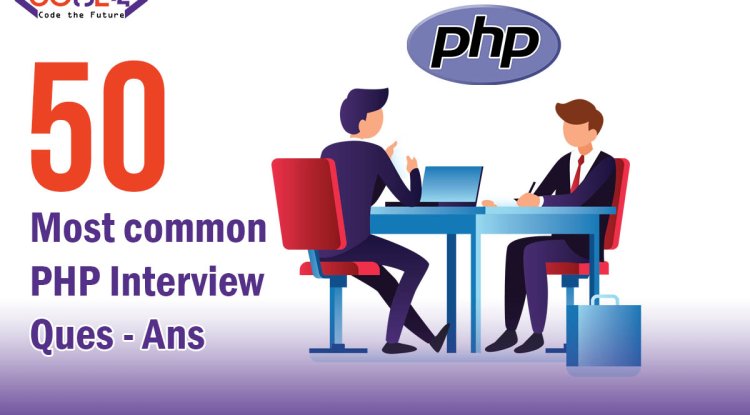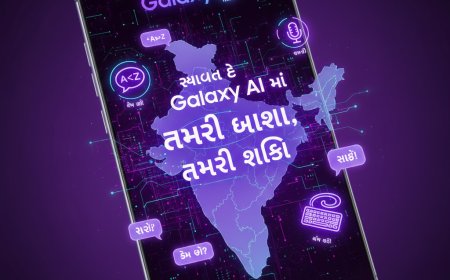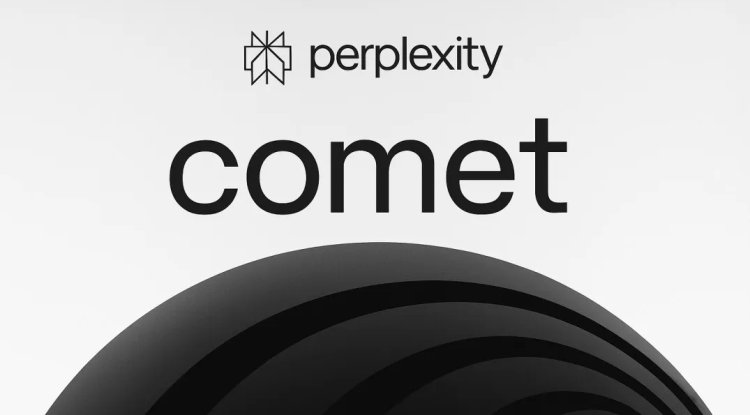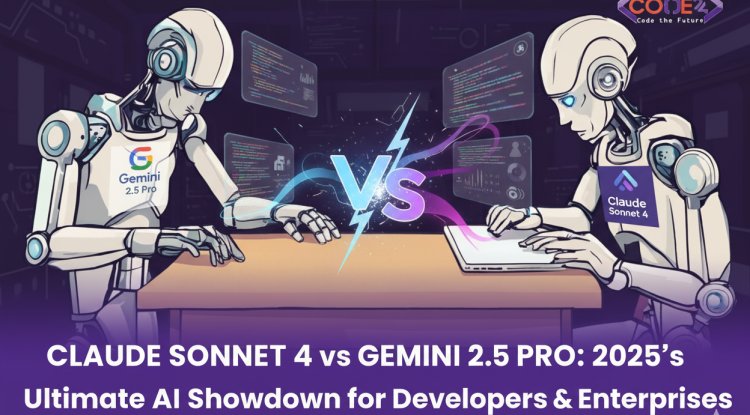The Rise of AI Assistants in Modern Code Editors (Copilot, Gemini, Perplexity, etc.)
Discover how AI-powered assistants like GitHub Copilot, Google Gemini, and Perplexity AI are revolutionizing modern code editors. Learn about features, productivity benefits, and integration tips for developers.
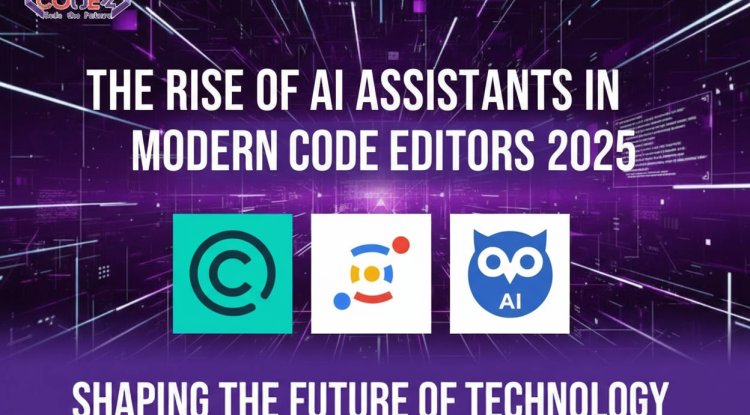
The world of software development has undergone a revolutionary transformation with the advent of AI-powered coding assistants. These intelligent tools are no longer futuristic concepts but everyday companions that are reshaping how developers write, debug, and optimize code. From GitHub Copilot to Google Gemini, these AI assistants are becoming indispensable partners in the modern development workflow.
The Dawn of AI-Powered Code Editors
Just a few years ago, code completion was limited to simple syntax suggestions and basic autocomplete features. Today, we're witnessing a paradigm shift where artificial intelligence understands context, predicts entire code blocks, and even explains complex algorithms in plain English. This evolution represents more than just technological advancement—it's a fundamental change in how we approach software development.
What Makes AI Assistants Different
Unlike traditional IDEs with static features, AI-powered assistants learn from vast repositories of code and continuously improve their suggestions. They understand not just syntax but also coding patterns, best practices, and even project-specific conventions. This contextual awareness allows them to provide remarkably accurate and relevant suggestions that feel almost telepathic.
Key Players Reshaping the Development Landscape
GitHub Copilot: The Pioneer
GitHub Copilot, powered by OpenAI's Codex, was the first mainstream AI coding assistant to gain widespread adoption. It integrates seamlessly with popular editors like Visual Studio Code, providing real-time code suggestions based on comments and partial code. What sets Copilot apart is its ability to understand intent from natural language comments and translate them into functional code across multiple programming languages.
Google Gemini: The Rising Star
Google's Gemini represents the next generation of AI assistants, offering multimodal capabilities that extend beyond code completion. It can analyze images, understand documentation, and provide comprehensive explanations of complex codebases. Gemini's strength lies in its ability to maintain context across longer conversations and provide detailed architectural guidance.
Perplexity AI: The Research Companion
While not exclusively a coding tool, Perplexity AI has carved out a unique niche as a research-focused assistant. It excels at providing up-to-date information about programming frameworks, helping developers understand new technologies, and offering detailed explanations with source citations. This makes it invaluable for learning new concepts and staying current with rapidly evolving tech stacks.
Other Notable Players
Amazon CodeWhisperer, Tabnine, and Replit Ghostwriter each bring unique strengths to the table. CodeWhisperer focuses on AWS-specific optimizations, Tabnine emphasizes privacy with on-premises options, and Ghostwriter provides a collaborative coding experience within Replit's browser-based environment.
Productivity-Boosting Features That Transform Workflows
Intelligent Code Completion
Modern AI assistants don't just complete lines—they understand entire functions and can suggest complete implementations based on function signatures or comments. This capability can reduce typing by up to 40% and significantly speed up the initial coding phase.
Real-Time Bug Detection and Fixes
Advanced AI assistants can identify potential bugs, security vulnerabilities, and performance issues as you type. They don't just highlight problems; they suggest specific fixes and explain why certain approaches are problematic. This proactive approach to debugging saves countless hours of troubleshooting.
Code Documentation and Explanation
One of the most valuable features is the ability to generate comprehensive documentation or explain complex code in plain English. This is particularly useful when working with legacy code or when onboarding new team members.
Language Translation and Migration
AI assistants can help translate code between different programming languages or frameworks, making migration projects more manageable. They understand the nuances of different languages and can suggest idiomatic implementations in the target language.
Real-World Impact and Future Trends
Enterprise Adoption Stories
Companies like Microsoft, Shopify, and Stripe have reported significant productivity gains after implementing AI coding assistants. Developers report spending less time on boilerplate code and more time on creative problem-solving and architecture decisions. Some teams have seen development velocity increase by 20-30% in certain types of projects.
The Learning Acceleration Effect
Perhaps most importantly, AI assistants are accelerating the learning process for developers at all levels. Junior developers can learn from AI-suggested best practices, while senior developers can quickly explore new frameworks and technologies. This democratization of knowledge is creating more capable and versatile development teams.
Emerging Trends to Watch
The future holds exciting possibilities: AI assistants that can generate entire application architectures, perform automated code reviews, and even predict and prevent production issues. We're also seeing the emergence of specialized AI tools for specific domains like mobile development, DevOps, and data science.
Practical Tips for Integrating AI Tools in Your Workflow
Start Small and Gradually Expand
Begin by using AI assistants for simple tasks like code completion and documentation generation. As you become more comfortable, gradually rely on them for more complex tasks like debugging and architecture suggestions. This approach helps you understand their strengths and limitations.
Maintain Critical Thinking
While AI suggestions are often excellent, they're not infallible. Always review and understand the code before accepting suggestions. Use AI as a collaborative partner, not a replacement for your judgment and expertise.
Customize for Your Tech Stack
Most AI assistants allow customization for specific frameworks, coding standards, and project requirements. Take time to configure these settings to get more relevant and useful suggestions tailored to your specific development environment.
Use AI for Learning and Exploration
Don't just use AI assistants for faster coding—leverage them as learning tools. Ask them to explain complex concepts, suggest alternative approaches, or provide examples of best practices in your preferred programming language.
Establish Team Guidelines
If you're working in a team, establish clear guidelines about when and how to use AI assistants. This ensures consistency in code quality and helps maintain security and compliance standards across your projects.
The integration of AI assistants into modern development workflows represents more than just a technological upgrade—it's a fundamental shift toward more intelligent, efficient, and creative software development. As these tools continue to evolve, developers who embrace them while maintaining their critical thinking skills will find themselves at the forefront of the next generation of software engineering.
The future of coding is collaborative, intelligent, and more exciting than ever. Whether you're a seasoned developer or just starting your programming journey, now is the perfect time to explore how AI assistants can enhance your development experience and unlock new levels of productivity and creativity.
What's Your Reaction?
 Like
0
Like
0
 Dislike
0
Dislike
0
 Love
0
Love
0
 Funny
0
Funny
0
 Angry
0
Angry
0
 Sad
0
Sad
0
 Wow
0
Wow
0
